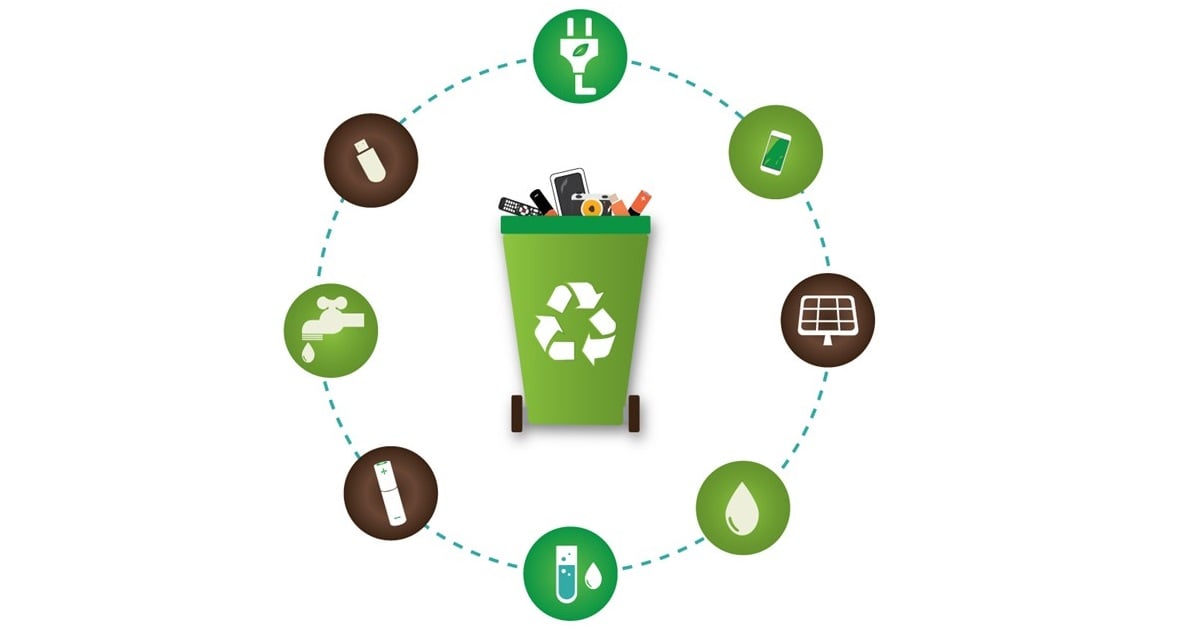Novel Recovery Technologies from Wastewater and Waste
A special issue of Processes (ISSN 2227-9717). This special issue belongs to the section "Environmental and Green Processes".
Deadline for manuscript submissions: 10 May 2024 | Viewed by 714

Special Issue Editors
Interests: recycling; batteries; PET; plastics, LIBS; lithium; glycolysis; catalysis; life cycle; circular economy; metal oxides; Zn; Mn
Special Issues, Collections and Topics in MDPI journals
Special Issue Information
Dear Colleagues,
We are delighted to invite you to submit your latest research and findings on recovery technologies from wastewater and waste for an upcoming Special Issue of Processes, a scientific journal dedicated to the publication of innovative and high-quality research in engineering, chemistry, environmental science, and related fields.
As we face increasing pressure to address global challenges related to water scarcity and environmental pollution, innovative and sustainable approaches to resource recovery are critical.
Advancements in technology have led to the development of novel and innovative methods for recovering resources from waste and wastewater. These technologies address the increasing challenges of handling and disposing of waste, while also providing a source of valuable materials to be utilized in various industries.
Moreover, the recovered materials and resources from waste and wastewater can reduce greenhouse gas emissions, lower the demand for fossil fuels, and improve overall sustainability. Investing in waste and wastewater recovery technologies not only enables us to be more responsible for our waste management but also provides us with a new source of valuable resources, which are essential for a more sustainable and circular economy.
This Special issue will focus on new and emerging technologies for recovering resources from wastewater and waste that can reduce environmental impact and promote a more efficient resource use.
We welcome submissions on a wide range of topics related to resource recovery technologies, including, but not limited to, adsorption, membrane filtration, electrochemical processes, biotechnology, pyrolysis, and nanotechnology. We are particularly interested in research that provides innovative solutions to the challenges of wastewater treatment and waste management.
We encourage authors to submit original research articles, reviews, and perspectives that highlight the latest advances and challenges in the field of resource recovery. All submitted papers will undergo thorough peer review to ensure the highest standards of quality and scientific rigor.
We look forward to receiving your contributions and publishing groundbreaking research that will shape the future of resource recovery in the years to come.
Prof. Dr. Miguel Andrés Peluso
Dr. María Victoria Gallegos
Guest Editors
Manuscript Submission Information
Manuscripts should be submitted online at www.mdpi.com by registering and logging in to this website. Once you are registered, click here to go to the submission form. Manuscripts can be submitted until the deadline. All submissions that pass pre-check are peer-reviewed. Accepted papers will be published continuously in the journal (as soon as accepted) and will be listed together on the special issue website. Research articles, review articles as well as short communications are invited. For planned papers, a title and short abstract (about 100 words) can be sent to the Editorial Office for announcement on this website.
Submitted manuscripts should not have been published previously, nor be under consideration for publication elsewhere (except conference proceedings papers). All manuscripts are thoroughly refereed through a single-blind peer-review process. A guide for authors and other relevant information for submission of manuscripts is available on the Instructions for Authors page. Processes is an international peer-reviewed open access monthly journal published by MDPI.
Please visit the Instructions for Authors page before submitting a manuscript. The Article Processing Charge (APC) for publication in this open access journal is 2400 CHF (Swiss Francs). Submitted papers should be well formatted and use good English. Authors may use MDPI's English editing service prior to publication or during author revisions.
Keywords
- recycling
- life cycle
- waste valorization
- wastewater treatment
- resource recovery
- sustainable development
- electronic waste
- nanotechnology






